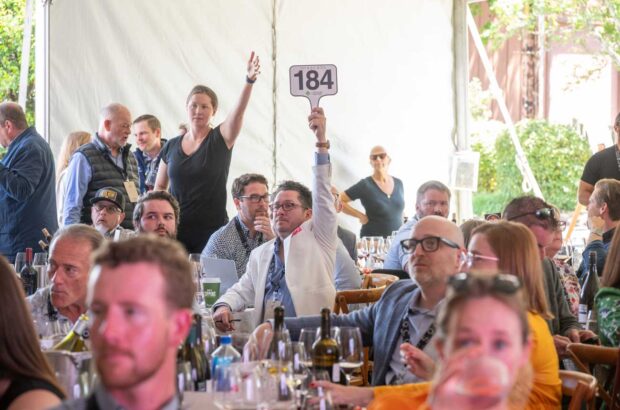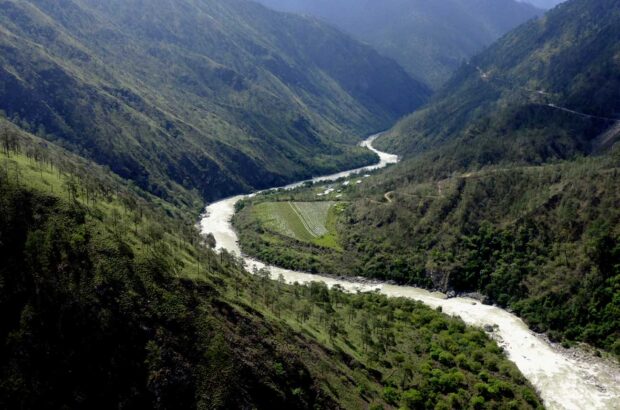Vintage guide: Tuscany 2001
keep
Powerful reds yielding good Chianti and great Bordeaux-style blends
Weather Conditions
An early spring brought the vines forward, but also exposed the new buds to a severe mid-April frost which caused considerable damage in the central hills. The summer was hot and and very dry, but just as drought stress was beginning to become a concern, a period of rain in the first half of September rejuvenated the vines. The Merlot harvest started early, but Sangiovese and Cabernet came in at the normal time, from late September onwards, and benefited from a dry and sunny October which allowed producers to wait for optimum ripeness before picking.
Best Appellations
As a result of the frost of 14 April, quantities were down between 10% and 15% across the region, but the quality of the fruit was good to excellent. The general profile of high alcohol, good quality tannin and soft acidity makes for full-bodied wines with excellent ageing potential but also good drinkability. Chianti has good fruit and depth and the riservas should be very good indeed. Brunello di Montalcino also holds great promise. Among the Super Tuscans, Cabernet-based wines, especially from Chianti areas, look the best bet. Wines from the coast have better balance and fruit than the 2000s and should be drinking relatively early.
Best Producers
There is an embarrassment of choice in Chianti Classico from this vintage, but particularly worth looking for are Grosso Sanese from Podere Il Palazzino and Colombaio di Cencio’s I Massi. Frescobaldi made a memorable version of their Rufina Riserva Montesodi. Top Super Tuscans from the central hills include Castello di Rampolla’s D’Alceo, Castello di Fonterutoli’s Siepi and the debut vintage of La Massa from the estate of the same name. Top offerings from the Maremma include possibly the best ever vintage of Le Pupille’s Saffredi, Moris Farms’ Avvoltore and Montepeloso’s Nardo. At Bolgheri Michele Satta’s Rosso Piastraia stands out among the early releases.







